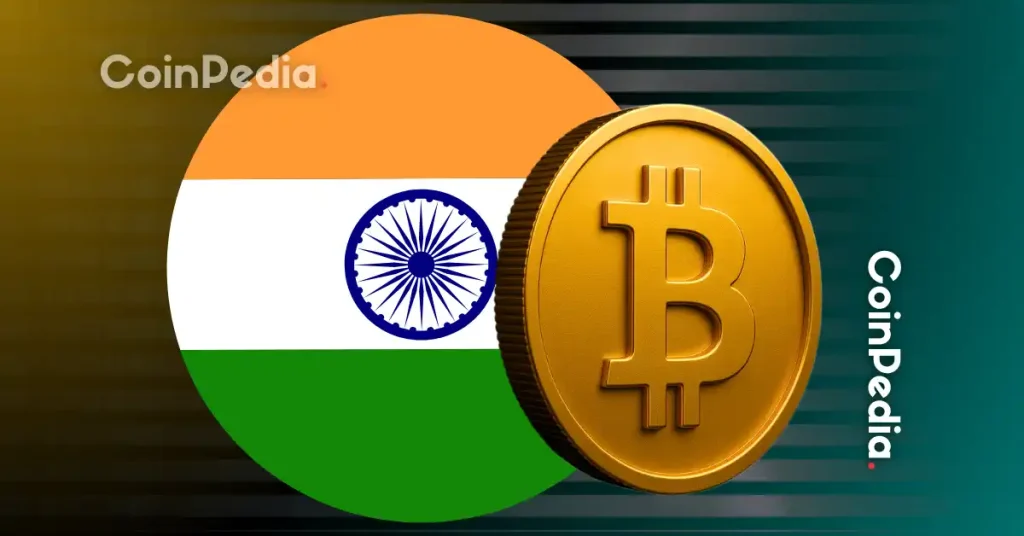
The post Will India Embrace Stablecoins? Finance Minister Sitharaman Hints at Policy Shift appeared first on Coinpedia Fintech News
Digital currencies are changing the way the world handles money, and stablecoins are emerging as a key innovation that countries can no longer afford to ignore. These cryptocurrencies, pegged to traditional assets like the US dollar, offer faster, borderless transactions and are gaining traction among businesses and investors worldwide.
India Changing Its Shift in Crypto Policy?
India, which has always been cautious in its approach to cryptocurrencies, may now be considering a shift in its stance.
Finance Minister Nirmala Sitharaman recently said that nations must prepare to “engage” with stablecoins, whether they like it or not, highlighting the growing influence of digital currencies on the global financial system.
At the Kautilya Economic Conclave, she said that innovations like stablecoins are changing how money and capital move around the world. She warned that countries may face a clear choice: adapt to these new financial systems or risk being left behind. She also highlighted that these changes show how big the transformation in the financial world is taking place.
“No nation can insulate itself from systematic change. Whether we welcome these shifts or not, we must prepare to engage with them,” she said.
Her remarks indicate that India could be rethinking its approach to cryptocurrencies, keeping a close eye on how the digital economy is evolving.
India’s Approach To Crypto
Reuters recently reported that India plans to avoid fully regulating cryptocurrencies for now. The government intends to maintain partial oversight and is concerned that fully integrating digital assets into the financial system could pose systemic risks.
Back in 2021, India dropped plans to ban private digital assets. During its 2023 G20 presidency, it pushed for a global framework to regulate crypto. A 2024 discussion paper was postponed as the government waited to see how other countries approach these assets.
Although the RBI keeps warning about crypto risks, India’s market regulator, SEBI, has shown more openness to regulating digital assets.
Global Stablecoin Developments
While India is signaling changes in its stance, countries around the world are moving quickly to create rules for stablecoins. The U.S recently passed the GENIUS Act, which set up a framework for stablecoins.
In May, Hong Kong approved a stablecoin bill that sets up a licensing system for companies issuing stablecoins backed by fiat currency. Japanese startup JPYC has also announced plans to launch the first yen-backed stablecoin later this year.

 2 hours ago
92
2 hours ago
92















 English (US)
English (US)